I have a script build.gradle, which created the IDEA development environment when creating a JavaFX project with Gradle support:
plugins {
id 'java'
id 'application'
id 'org.openjfx.javafxplugin' version '0.0.10'
id 'org.beryx.jlink' version '2.24.4'
id 'org.javamodularity.moduleplugin' version '1.8.10' apply false
}
group 'com.prototype'
version '1.0'
repositories {
mavenCentral()
}
ext {
junitVersion = '5.8.2'
}
tasks.withType(JavaCompile) {
options.encoding = 'UTF-8'
sourceCompatibility = '17'
targetCompatibility = '17'
}
application {
mainModule = 'com.prototype.simulationcrystalgrowth'
mainClass = 'com.prototype.simulationcrystalgrowth.SimulationApplication'
}
javafx {
version = '17.0.1'
modules = ['javafx.controls', 'javafx.fxml', 'javafx.web']
}
dependencies {
implementation('org.controlsfx:controlsfx:11.1.1')
implementation('com.dlsc.formsfx:formsfx-core:11.4.2') {
exclude(group: 'org.openjfx')
}
implementation('net.synedra:validatorfx:0.2.1') {
exclude(group: 'org.openjfx')
}
implementation('org.kordamp.ikonli:ikonli-javafx:12.2.0')
implementation('org.kordamp.bootstrapfx:bootstrapfx-core:0.4.0')
implementation('eu.hansolo:tilesfx:17.0.11') {
exclude(group: 'org.openjfx')
}
testImplementation("org.junit.jupiter:junit-jupiter-api:${junitVersion}")
testRuntimeOnly("org.junit.jupiter:junit-jupiter-engine:${junitVersion}")
}
test {
useJUnitPlatform()
}
jlink {
imageZip = project.file("${buildDir}/distributions/app-${javafx.platform.classifier}.zip")
options = ['--strip-debug', '--compress', '2', '--no-header-files', '--no-man-pages']
launcher {
name = 'app'
}
}
jlinkZip {
group = 'distribution'
}
After the "build" task is completed, the "distributions" folder appears in the build folder. It contains a zip archive with the following contents:
The bin folder contains two scripts, sh and bat. The lib folder contains, as I understand it, all the required jar modules. If JAVA_HOME is installed on Java 17 in my environment, then when executing the bat script, my program starts. I expected that jlink is a kind of analogue of a more user-friendly assembly and packaging of the application, which will help to create something like an exe application launcher.
I also noticed that there are no tasks related to jlink in build.gradle is not called during the build process using the "build" task.

I tried to run them myself, and I got the same error:

I am confused by the mention of the "distributions/app" path in build.gradle, I expect there should be something else after the build.
What am I doing wrong? What should I get at the output using jlink ?
